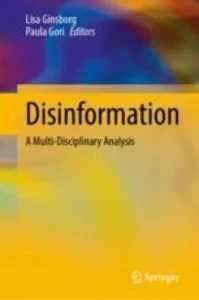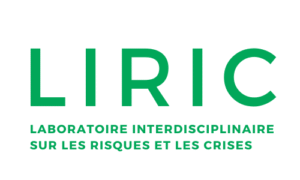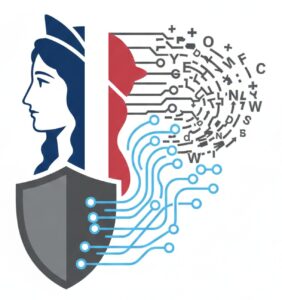OUR LATEST NEWS
Find the latest news related to the activities led by the UNESCO Chair in Prevention of Violent Radicalization and Extremism and its network, including notable interventions of our experts in the media, in this section.
New publication Disinformation: A Multi-Disciplinary Analysis
- January 30, 2026
- Sylvana
- Literature Partners, News, Spotlight

The volume Disinformation: A Multi-Disciplinary Analysis is now available via Springer. Sylvain Delouvée, a member of the UNESCO-PREV Chair, and Pascal Wagner-Egger authored the chapter “Manipulating Minds: The Psychological Underpinnings of Misinformation”, which offers a synthesis in cognitive and social psychology of the processes underpinning belief in false information and assesses possible intervention levers. This interdisciplinary contribution helps us think about how to build resistance to disinformation in an era marked by public controversies. Delouvée, S. & Wagner-Egger, P. (2026). Manipulating Minds: The Psychological Underpinnings of Misinformation. In: Ginsborg, L., Gori, P. (eds) Disinformation. Springer. https://link.springer.com/chapter/10.1007/978-3-032-00480-2_3
Annual CÉRIUM’s Conference

🔎 Mathieu Colin, Scientific Director of the UNESCO-PREV Chair, will take part in CÉRIUM’s annual conference, which will focus on tensions between the worlds of research and the media on international issues, this Friday, January 30. His panel is entitled “Disorders of Information: Issues and Diagnostics”. 👉 For more information: click here.
Dark Diplomacy Event: Ceremonia exhibition

The BANAL art collective, which includes Vivek Venkatesh, co-holder of the UNESCO-PREV Chair, presents the exhibition “Ceremonia,” the culmination of the “Diplomatie Obscure / Dark Diplomacy” project, at the Consulate General of Mexico – Espacio México (2055 Peel Street, Montréal). Opening on January 22, 2026, from 5 to 7 p.m. Musical performance as part of Nuit Blanche on February 28, 2026, from 6 p.m. to midnight. For all information, please refer to the press release.
LIRIC – UNESCO-PREV Chair symposium

The LIRIC and UNESCO-PREV Chair teams are calling for contributions for the symposium “Information Disorders: A Phenomenon at the Heart of Risks and Crises,” to be held on May 21 and 22, 2026, on the main campus of the University of Sherbrooke. Proposals will be evaluated by the LIRIC scientific committee. Those interested in presenting should send their proposals to the following email address: LIRIC@usherbrooke.ca. The deadline for submitting proposals is February 23, 2026. For more information, click here.
Sylvain Delouvée at the head of a new national research network

On the initiative of the French Ministry of Higher Education, Research, and Space, Sylvain Delouvée will coordinate, with Tiziana Assenza, the creation of a French national research network dedicated to a crucial issue: the fight against disinformation and the manipulation of information. This exciting challenge, supported by committed colleagues from many disciplines in the social sciences and humanities, will aim to bring together researchers to better understand these phenomena and provide concrete solutions and useful recommendations for public decision-making.
Sylvain Delouvée in an Acfas interview

Following a recent stay in Montreal, Sylvain Delouvée, associate professor at the Chair, gave an interview to Acfas. In it, he addresses a key issue in today’s society: how can research, education, and science communication tackle the rise of conspiracy theories and false beliefs? To watch the interview, click here.
